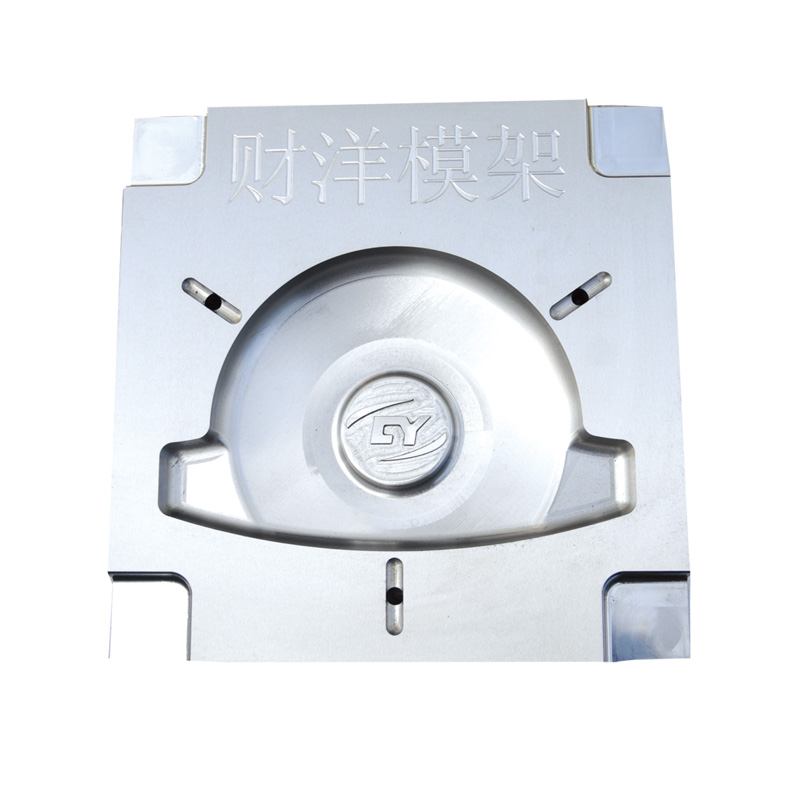During mold processing
Improper heat treatment will lead to mold cracking and premature scrapping, especially if only quenching and tempering is used, without quenching, and then surface nitriding process, surface cracking and cracking will occur after thousands of die-casting times.
The stress generated when steel is quenched is the result of the superposition of thermal stress during cooling and structural stress during phase transformation. Quenching stress is the cause of deformation and cracking, and it must be tempered to eliminate stress.
during die casting production
The mold should be preheated to a certain temperature before production, otherwise, when the high-temperature molten metal is filled, the mold will be chilled, resulting in an increase in the temperature gradient of the inner and outer layers of the mold, resulting in thermal stress, cracking or even cracking on the surface of the mold.
During the production process, the mold temperature keeps rising. When the mold temperature is overheated, it is easy to produce sticking molds, and the moving parts fail to cause damage to the mold surface.
A cooling temperature control system should be set up to keep the mold working temperature within a certain range.What is a high-precision
mold base

